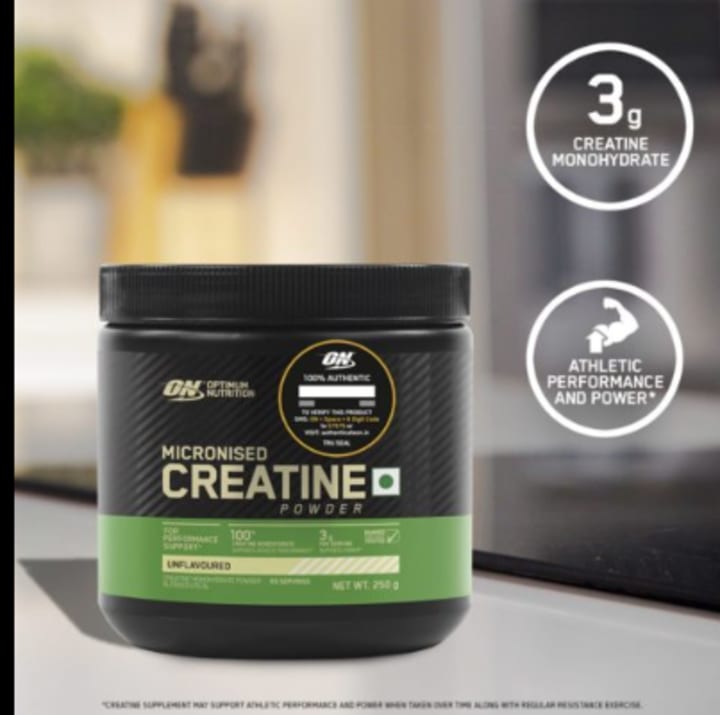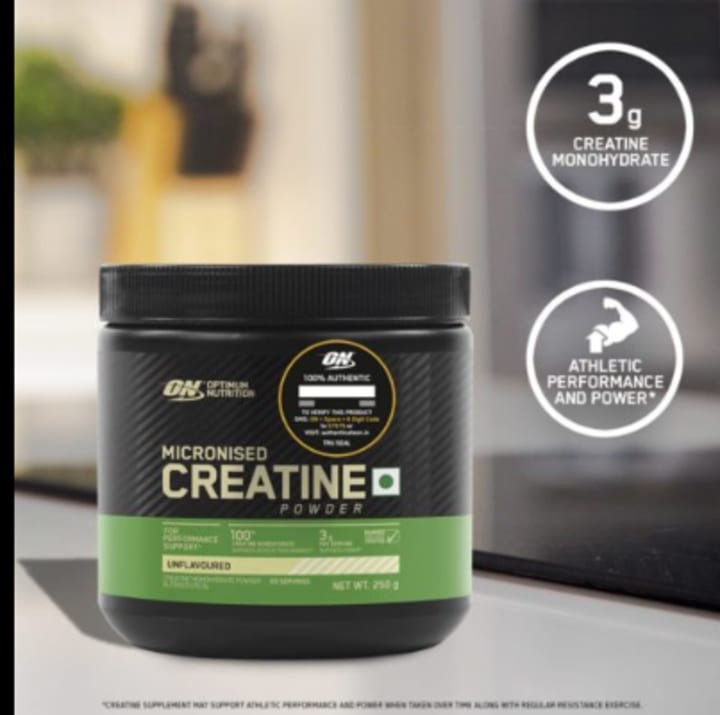Understanding Creatine: Is it a steroid or a Supplement?. What are the cons and pros of creatine
Unraveling the Classification and Regulation of Creatine: Exploring its Status as a Dietary Supplement

Creatine is a popular supplement that is commonly used by athletes, bodybuilders, and fitness enthusiasts. It has gained significant attention due to its potential benefits in improving athletic performance and increasing muscle mass. However, there is often confusion surrounding the classification of creatine. Is it considered a steroid or just a supplement? To answer this question, it's important to understand the nature of creatine, its origins, and how it is regulated.

Creatine is a naturally occurring compound found in small amounts in certain foods, primarily meat and fish. It plays a vital role in the energy metabolism of cells, particularly in providing energy for high-intensity, short-duration activities. In supplement form, creatine is typically sold as creatine monohydrate, which can be mixed with liquids or added to food.
While creatine is not classified as a drug in the traditional sense, it is regulated differently depending on the country and its specific regulations. In many countries, including the United States, creatine is classified as a dietary supplement rather than a drug. Dietary supplements are regulated under the Dietary Supplement Health and Education Act (DSHEA) in the U.S., which places them in a separate category from pharmaceutical drugs.
It is always safe to consider and health expert or sports proffesional before you consume

The Link Between Creatine and Kidney Health: Examining the Potential Risks
Creatine is a topic of interest when it comes to its potential effects on kidney health. While there is limited evidence suggesting that creatine supplementation can have adverse effects on kidney function, it is generally considered safe for healthy individuals when used within recommended dosage guidelines. However, individuals with pre-existing kidney conditions should exercise caution and consult with a healthcare professional before using creatine or any other dietary supplement. It is important to note that individual responses to creatine may vary, and any concerns about kidney health should be addressed by a medical professional
Enhancing Athletic Performance: Exploring the Pros of Creatine Consumption for Athletes
Creatine should only be consumed by athletes and bodybuilders to support their muscle . Always consider a health expert before consuming creatine
Exploring the Advantages of Creatine Supplementation for Athletes ( Pros of creatine )
Increased Muscle Strength: Creatine has been shown to enhance muscle strength and power, making it beneficial for athletes engaging in high-intensity activities like weightlifting, sprinting, and jumping.
Improved Exercise Performance: Creatine can enhance performance in short-duration, high-intensity activities by providing energy for the muscles. This can lead to improved performance in activities such as weightlifting, sprinting, and sports that require quick bursts of energy.
Increased Muscle Mass: Creatine supplementation can promote an increase in muscle mass, particularly when combined with resistance training. This can be advantageous for athletes aiming to build muscle and improve their body composition.
Faster Recovery: Creatine has been found to aid in the recovery process by reducing muscle damage and inflammation after intense exercise. This can help athletes recover more quickly between training sessions and competitions.
Enhanced Cognitive Function: Some research suggests that creatine supplementation may have cognitive benefits, including improved memory and cognitive performance. This can be advantageous for athletes who require mental focus and quick decision-making during their sports or activities.
Widely Studied and Safe: Creatine is one of the most extensively studied supplements, and research generally supports its safety and efficacy when used within recommended dosage guidelines for healthy individuals.
It's important to note that individual responses to creatine may vary, and not all athletes may experience the same benefits. Consulting with a healthcare professional or sports nutritionist is recommended to determine if creatine supplementation aligns with an athlete's specific goals, health status, and training regimen.

Try ''ON micronised creatine'' Now





Comments
There are no comments for this story
Be the first to respond and start the conversation.